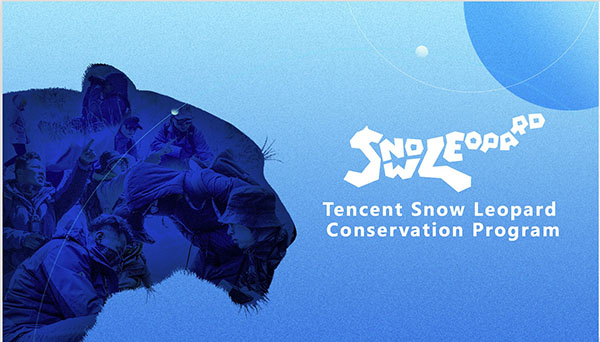
- Home
- Media Center
- Events
- Membership
- Digital Academy
-
Reports
- Collection of cases on Jointly Building a Community with a Shared Future in Cyberspace
- Collection of Shortlisted Achievements of World Internet Conference Awards for Pioneering Science and Technology
- Reports on Artificial Intelligence
- Reports on Cross — Border Ecommerce
- Reports on Data
- Outcomes of Think Tank Cooperation Program
- Series on Sovereignty in Cyberspace Theory and Practice
- Other Achievements
- About WIC
- 中文 | EN

Conference launches plan to unlock AI's potential for social good

The website of Google Arts & Culture [Photo/artsandculture.google.com]
For example, Google Arts & Culture utilizes image recognition and processing technology to present seven million artworks and more than 22,000 exhibitions in an all-round, immersive way. Taking advantage of technologies such as natural language processing and optical character recognition, Douyin Group created the "Reading Classic Ancient Books" platform, where readers can read, study and photocopy more than 1,200 ancient books, free of charge.
Tencent Charity Foundation and Microsoft stood out in leveraging AI technology in protecting wildlife.

A poster for Tencent Snow Leopard Conservation Program [Photo provided to chinadaily.com.cn]
Tencent developed the country's first snow leopard conservation data platform by capitalizing on technologies such as AI-based image recognition and cloud storage.
"Tencent's digital solution has increased the efficiency of species identification, data logging and analysis by almost 50 percent, liberating conservation workers from tedious and taxing work," said Liu Zhouhong, the foundation's deputy secretary general.
Working with Shanshui Conservation Center, an NGO, Microsoft developed an infrared camera intelligent management system by using image recognition and machine learning technology. This system has increased the efficiency of wildlife monitoring and relevant research work.
Microsoft was also recognized for its effort in tapping AI to create a digitally inclusive environment for the visually impaired.
Since 2005, the tech giant has been working with Hongdandan - a Beijing-based nonprofit committed to helping people with visual disabilities. By using its AI chatbot, Xiaobing, the company has created a plethora of audio storybooks for blind children. With deep learning speech synthesis, Microsoft has developed the AI voice of Chinese actress Zhou Xun, who is known for her unique vocal timbre, to create characterful avatars to replace costly original voice dubbing.
"We believe AI technology is not meant to replace human beings, but to amplify human ingenuity, expand our capabilities and enable us to achieve more," said Yang Changhua, general manager of public and legal affairs of Microsoft Greater China Region.

The World Internet Conference (WIC) was established as an international organization on July 12, 2022, headquartered in Beijing, China. It was jointly initiated by Global System for Mobile Communication Association (GSMA), National Computer Network Emergency Response Technical Team/Coordination Center of China (CNCERT), China Internet Network Information Center (CNNIC), Alibaba Group, Tencent, and Zhijiang Lab.





